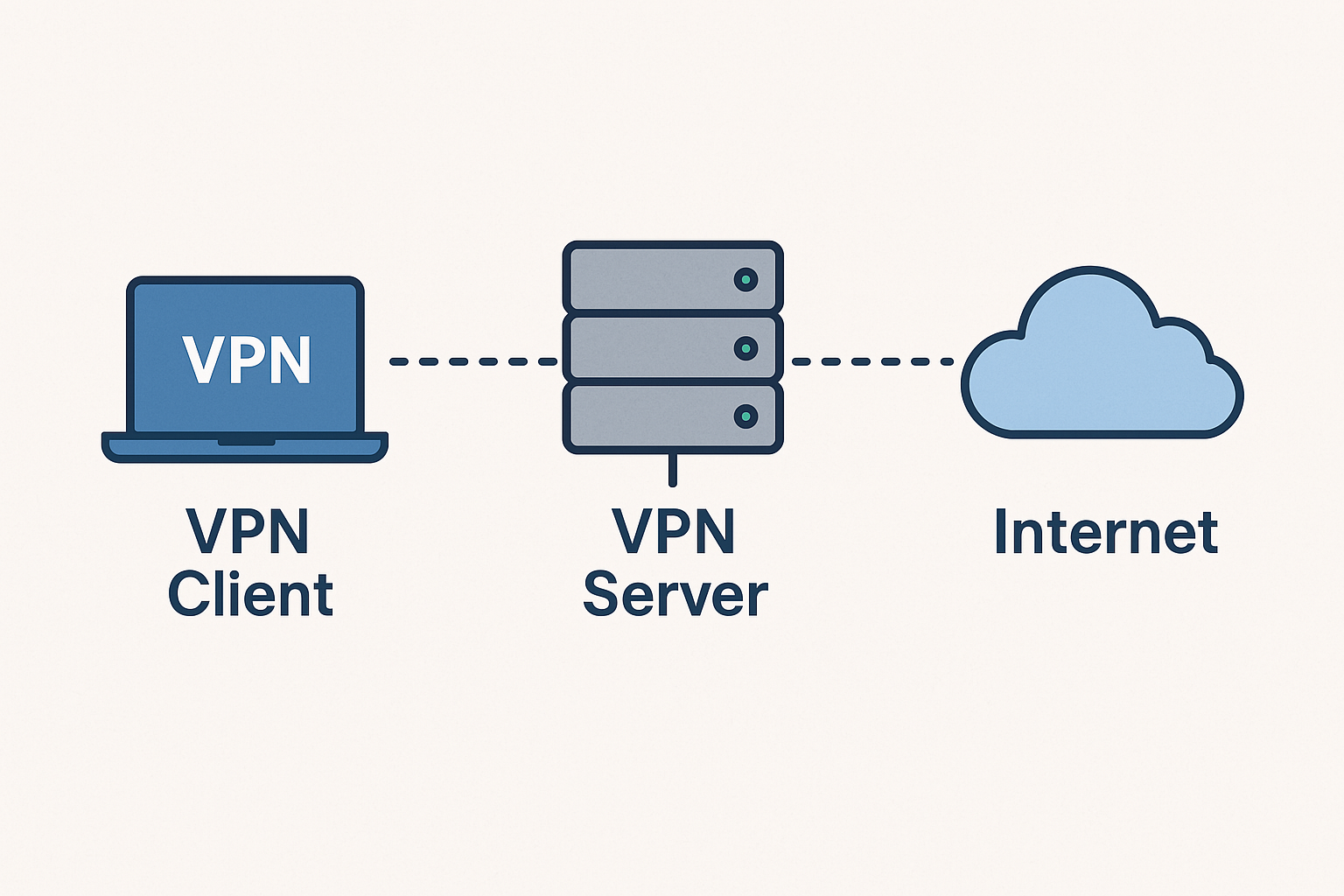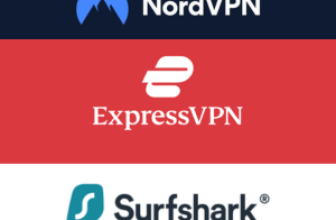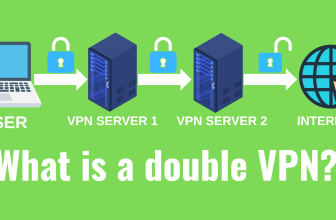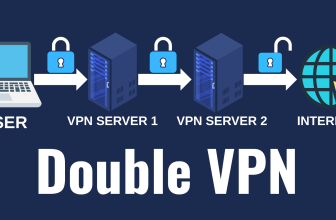
More and more people go online every day, and with that, they’re becoming increasingly aware of how much of their personal information is at risk — information they never intended to share. While there are plenty of VPN services and secure anti-detect browsers available to help protect users, it’s often not enough. As a result, more people are looking into setting up their own VPNs.
There’s absolutely nothing wrong with creating your own VPN service. In fact, many developers and organizations actively support and encourage this approach.
Today, we’ve put together a list of the best open-source tools you can use to build your own VPN. Some are more complex to set up and use than others, and each comes with its own unique features.
Depending on why you want to create a VPN, you’ll be able to choose the tool that best fits your needs.
Rent a VPS server
Create your own VPN service based on a VPS server. First of all, you need to rent a VPS server. VPS server is a virtual dedicated server, which corresponds to a physical server, i.e. the user gets root-access to the operating system, IP-addresses, etc. Not all hosting providers allow the use of VPN-servers, so before ordering the service, check with technical support to see if they allow the use of a VPN server). If you want to access Russian sites, you should choose Russian servers to get full access to services.
Providers that exactly allow using VPS as a VPN server for personal or corporate use.
1. OpenVPN
OpenVPN is one of the most popular VPN solutions. It works on the protocol of the same name, and even NAT firewalls can be overcome with its help.
It supports TCP and UDP transports, several encryption methods and is fully customizable. However, keep in mind that you will have to work with a client application.
2. WireGuard
After listing names like OpenVPN and StrongSwan, it’s time for an easier-to-use VPN solution.
WireGuard is a multi-platform tool that gives you the ability to easily deploy a VPN using its namesake protocol. Combined with IPv4 and IPv6 support, its main feature is cryptographic key routing, a feature that associates public keys with a list of IP addresses in the tunnel.
WireGuard aims to be the simplest, most secure and easy-to-use VPN solution, and many users already consider it as such.
3. SoftEther
SoftEther is one of the easiest open source tools to create a VPN and offers a long list of features including a graphical interface, RSA certificate authentication feature, dual IPv4 / IPv6 stack and SSL-VPN to HTTPS tunneling to pass through. NAT and firewalls.
It is multi-platform and supports OpenVPN, L2TP, SSTP, EtherIP and Ethernet protocols over HTTPS. It has the ability to penetrate firewalls of restricted networks that only allow DNS and ICMP packets using SoftEther VPN over ICMP or DNS options.
Don’t want to configure SoftEther yourself – test Whoer WhoX VPN.
4. Algo
Algo is a minimalistic VPN creation tool aimed at users who are always on the go, as it was designed mainly for simplicity and privacy, Algo is not extensible and cannot be used for tasks such as censorship circumvention, geo-blocking, etc.
Algo only supports Wireguard and the IKEv2 protocol and does not require OpenVPN or any other client application. It’s quick and easy to set up, so if you only need a secure proxy, Algo is a good choice. Algo is a good choice.
5. Streisand
Streisand can be described as a more robust and flexible Algo. However, it doesn’t support IKEv2, but you can use it to easily bypass censorship, and it requires almost no technical knowledge to set up.
It supports OpenSSH, OpenConnect, L2TP, OpenVPN, Shadowsocks, Tor bridge, WireGuard, and Stunnel, and the need to install a client application depends on which protocol you decide to use.
6. PriTunl
Pritunl is BeyondCorp’s open source server that allows you to leverage the creation of a cloud VPN with strong encryption, complex cross-site connections, gateway connections, and remote access to users on the local network via a web interface.
PriTunl has up to 5 levels of authentication, a customizable plugin system, official clients for different platforms, support for OpenVPN clients and AWS VPC networks, and is easy to configure.
It’s open source and free to use, but it does have subscription plans in case you want to take on some enterprise-level tasks.
7. StrongSwan
StrongSwan is a multi-platform IPsec-based VPN solution that implements IKEv1 and IKEv2 key exchange protocols, uses UDP encapsulation and floating port for NAT-Traversal, supports Online Certificate Status Protocol, message fragmentation, modular plugins for crypto algorithms and relational database interfaces, secure IKEv2 EAP user authentication, etc.
StrongSwan is also technically difficult to use, and while it has documentation you can refer to, it requires familiarity with a lot of technical aspects that can be confusing to the typical novice user.
StrongSwan is an enterprise product with amazing features, so I wish you the best of luck if you are successful with it.
8. VyOS
VyOS is unlike the other products on this list because it is a complete Linux network operating system designed for routers and firewalls.
It includes web proxy and site filtering, IPsec for IPv4 and IPv6, OpenVPN for cross-site and remote access, comprehensive support for dynamic routing protocols and CLI, and other advanced routing features.
VyOS is built from the ground up to provide you with great VPN features that you can customize to your liking. If you don’t mind running an entire OS, check it out.
9. Outline
Outline is a project released by the cybersecurity division of Jigsaw. Its purpose is to allow users to create a VPN server on a VPS/VDS server and delegate access to it.
Outline itself is not a VPN and relies on the Shadowsocks protocol (an encrypted socks5 proxy for redirecting internet traffic). It has a beautiful graphical manager interface that is easy to use, and it is through this interface that users set the configuration and selection of services.
10. Freelan
Freelan is a free, open source, multi-platform, peer-to-peer VPN software that abstracts a local network over the Internet. In addition to using it to give users privileged access to your private network, you can use it to create your own VPN service using your preferred network topology.
Freelan was written in C and C++ with a focus on security, performance and stability. As VPN software, all you need to do is install and configure it and let it run in the background.
Conclusion
This concludes our list of tools for creating your own VPN. Are you familiar with any of the applications on our list? Are there any apps that I missed or that deserve a mention? Let us know in the comments of the article.






